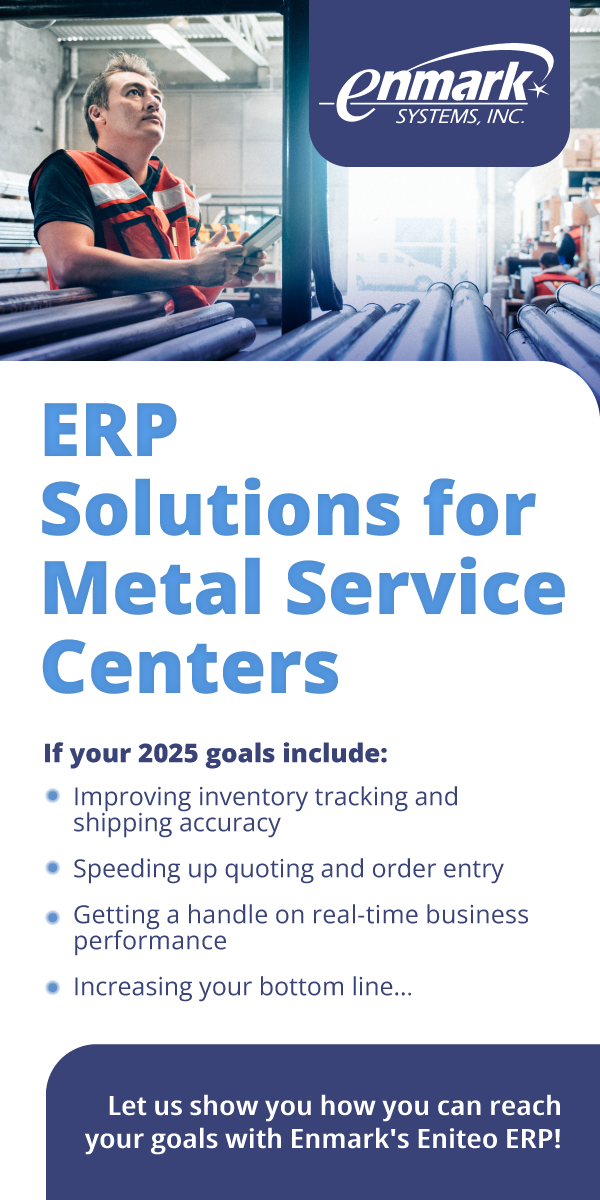The global shipping industry is at a pivotal moment, where labor disputes, technological advancements, and economic pressures are reshaping maritime logistics. Among the most pressing concerns are potential port closures and the rapid integration of automation technologies, both of which have far-reaching implications for industries reliant on imports, particularly the U.S. steel sector.
Port Closures and Their Economic Ripple Effects
Port closures caused by labor disputes can severely disrupt global supply chains. The recent strike threats by the International Longshoremen’s Association (ILA) highlight the fragility of U.S. port operations. With over 30% of U.S. steel imports passing through East and Gulf Coast ports, any prolonged shutdown could have significant consequences for the steel industry and broader economy. Steel importers are already feeling the pressure. For example, companies like Stone Steel Corporation in Baltimore rely heavily on overseas materials such as Turkish steel slabs. These materials are critical for construction projects but remain stranded due to port delays. Each day of closure creates five to six days of backlog, compounding supply chain congestion and driving up costs for businesses. The impact extends beyond immediate delays. A prolonged strike could lead to shortages of raw materials for industries such as automotive, construction, and manufacturing. This would not only increase prices for finished goods but also strain domestic suppliers who may exploit shortages to raise prices further.
Automation: A Double-Edged Sword
While automation offers solutions to some logistical challenges, it is also a key point of contention in labor negotiations. Dockworkers fear that automation will displace jobs, while port operators argue that it enhances efficiency and reduces costs. The debate is particularly relevant for industries like steel that depend on timely shipments of heavy materials. Automation technologies such as automated guided vehicles (AGVs), remote-controlled cranes, and process automation systems are already transforming port operations worldwide. These technologies promise faster container processing times, reduced human error, and lower operational costs.
| Technology | Application | Benefits |
|---|---|---|
| Automated Guided Vehicles (AGVs) | Transporting containers | Precise, reliable operations |
| Automated Stacking Cranes (ASCs) | Container stacking | Faster turnaround times |
| Remote-Controlled Equipment | Loading/unloading cargo | Reduced human error |
| Process Automation Systems | Logistics management | Improved decision-making |
However, these advancements come with challenges. High implementation costs can deter smaller ports from adopting automation, while cybersecurity risks pose a new layer of vulnerability to port operations. Moreover, studies suggest that full automation may reduce productivity in some cases due to system inefficiencies or operational bottlenecks.
Implications for the U.S. Steel Industry
The U.S. steel industry is particularly vulnerable to disruptions caused by port closures and automation-related disputes. In 2023, imported steel accounted for 26% of U.S. steel consumption, with over 30% entering through East and Gulf Coast ports. For the first 10 months of 2024 imports accounted for 23% of steel consumption. A strike or prolonged disruption could severely impact this supply chain. Steel importers have already begun front-loading shipments or redirecting them to West Coast ports in anticipation of delays. However, this strategy has its limits; West Coast facilities lack the capacity to absorb the additional volume without creating bottlenecks. For domestic steel producers, these disruptions present both challenges and opportunities. On one hand, increased demand for domestically produced steel could drive up prices and strain production capacities. On the other hand, it offers an opportunity for domestic suppliers to capture market share previously held by foreign competitors. However, relying solely on domestic production is not a sustainable solution. It risks reducing import diversification and increasing dependency on neighboring countries like Canada and Mexico for raw materials. Furthermore, rising steel prices could hurt downstream industries such as construction and automotive manufacturing by increasing production costs.
Potential Benefits of Automation for Steel Logistics
Automation could help mitigate some of these challenges by streamlining port operations and ensuring more reliable delivery schedules for critical materials like steel slabs and coils. For instance:
- Faster Turnaround Times: Automated cranes can unload ships more quickly than manual operations, reducing delays.
- Improved Inventory Management: Process automation systems provide real-time data on cargo movement, enabling better planning for steel manufacturers.
- Cost Savings: Reduced reliance on manual labor lowers operational costs over time.
Ports like Rotterdam have demonstrated how automation can coexist with robust labor markets by retraining workers for higher-skilled roles in managing automated systems. If implemented thoughtfully in U.S. ports, similar strategies could enhance efficiency without displacing large segments of the workforce.
Balancing Labor Rights with Technological Progress
The tension between dockworkers’ unions and port operators underscores the need for balanced solutions that address both labor concerns and technological imperatives. Agreements must prioritize gradual implementation of automation while investing in workforce retraining programs to prepare workers for new roles in an increasingly automated environment. The government also plays a critical role in mediating these disputes and ensuring that economic stability is maintained during transitions to advanced technologies. Policies that incentivize sustainable automation while protecting worker rights will be essential in navigating this complex landscape.
Conclusion: Navigating a Complex Future
The intersection of potential port closures, automation advancements, and their effects on industries like steel highlights the intricate dependencies within global supply chains. For the U.S., maintaining a balance between technological innovation and workforce stability will be crucial in sustaining economic resilience. As automation continues to reshape maritime logistics, ports must adopt strategies that integrate advanced technologies without undermining labor rights or disrupting critical industries like steel production. By fostering collaboration among stakeholders—unions, port operators, policymakers, and industry leaders—the U.S. can chart a path toward a more efficient yet equitable future in global trade logistics. The stakes are high not just for dockworkers but also for industries reliant on timely imports of raw materials like steel. Whether through policy intervention or innovative agreements between labor unions and employers, finding common ground will be essential to navigating this transformative era in maritime operations.
If you enjoyed this article about U.S. Steel and Nippon Steel check out some of our other articles on the subject:
Biden Blocks $14.9 Billion Sale of U.S. Steel to Japan’s Nippon Steel, Citing National Security Concerns
Nippon Steel Agrees To Sell Calvert Stake for $1 to Facilitate U.S. Steel Acquisition
U.S. Steel-Nippon Steel Merger: Arbitration Looms as Global Hurdles have Cleared
U.S. Steel “Corrects the Record” on Transaction with Nippon Steel
EU Approves Nippon Steel – U.S. Steel Acquisition, US DOJ Review Ongoing
Nippon Steel U.S. Steel Acquisition Update
Automakers Challenge Potential Cleveland-Cliffs-U.S. Steel Merger
Nippon Steel Determined to Acquire U.S. Steel Despite Scrutiny
Biden and Trump Oppose Nippon Steel’s U.S. Steel Acquisition
U.S. Steel Acquisition: Nippon Embraces USW Challenge
Be sure to subscribe to the free Steel Industry Newsletter below for the latest steel related news direct to your inbox!










